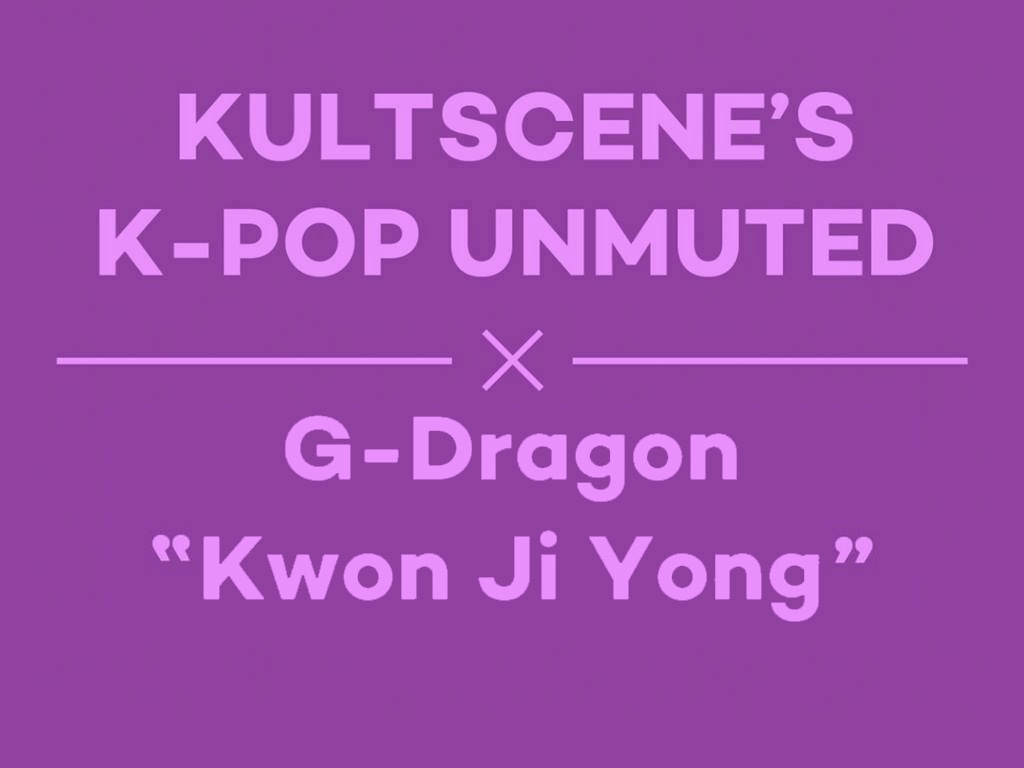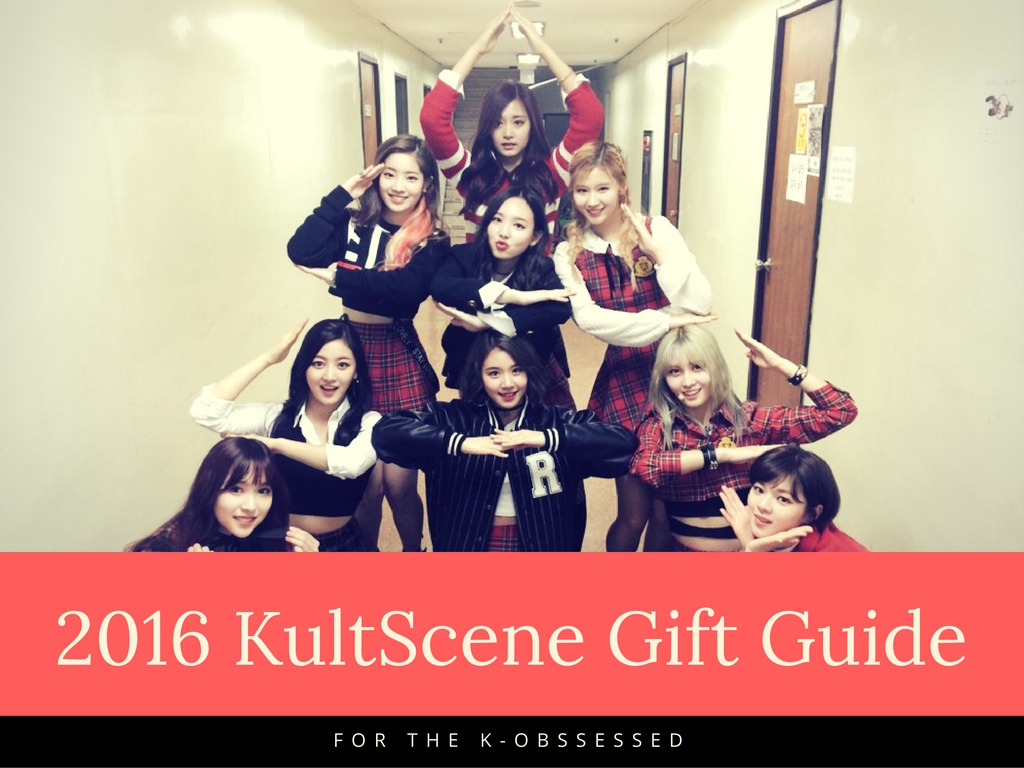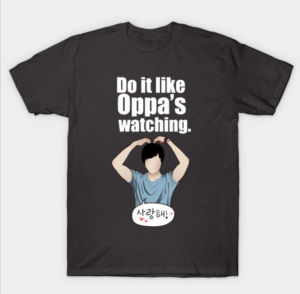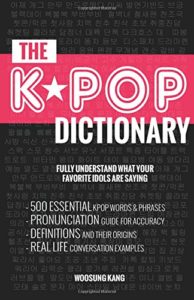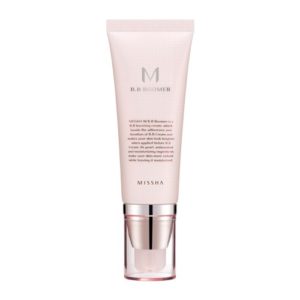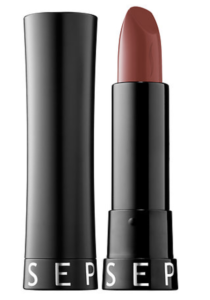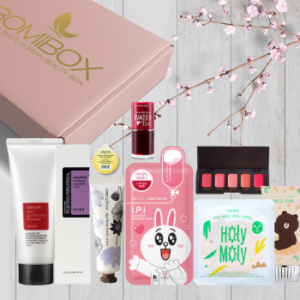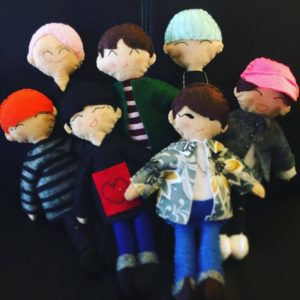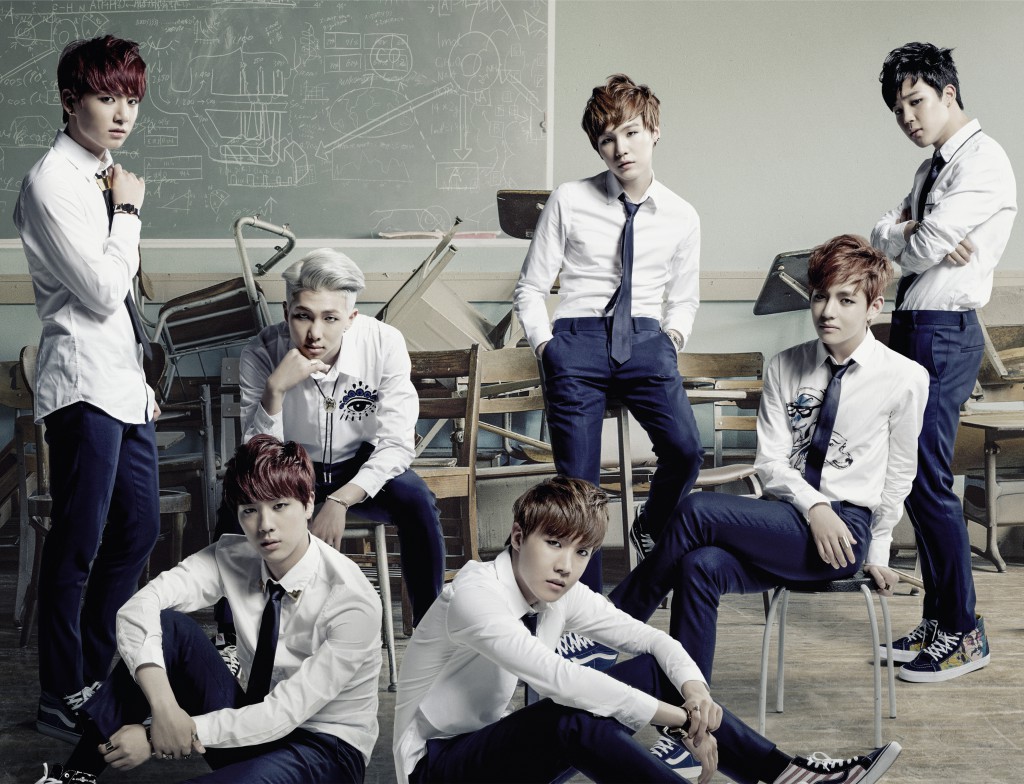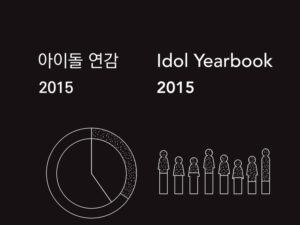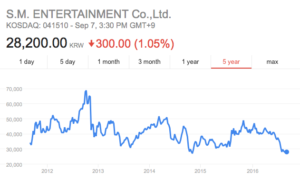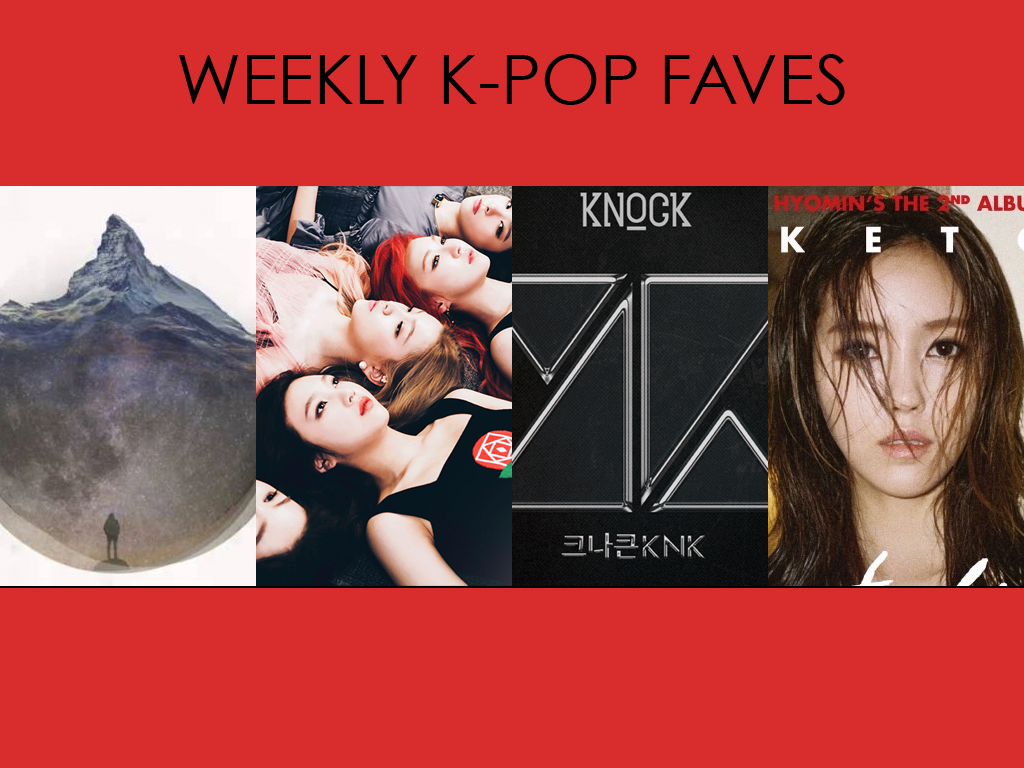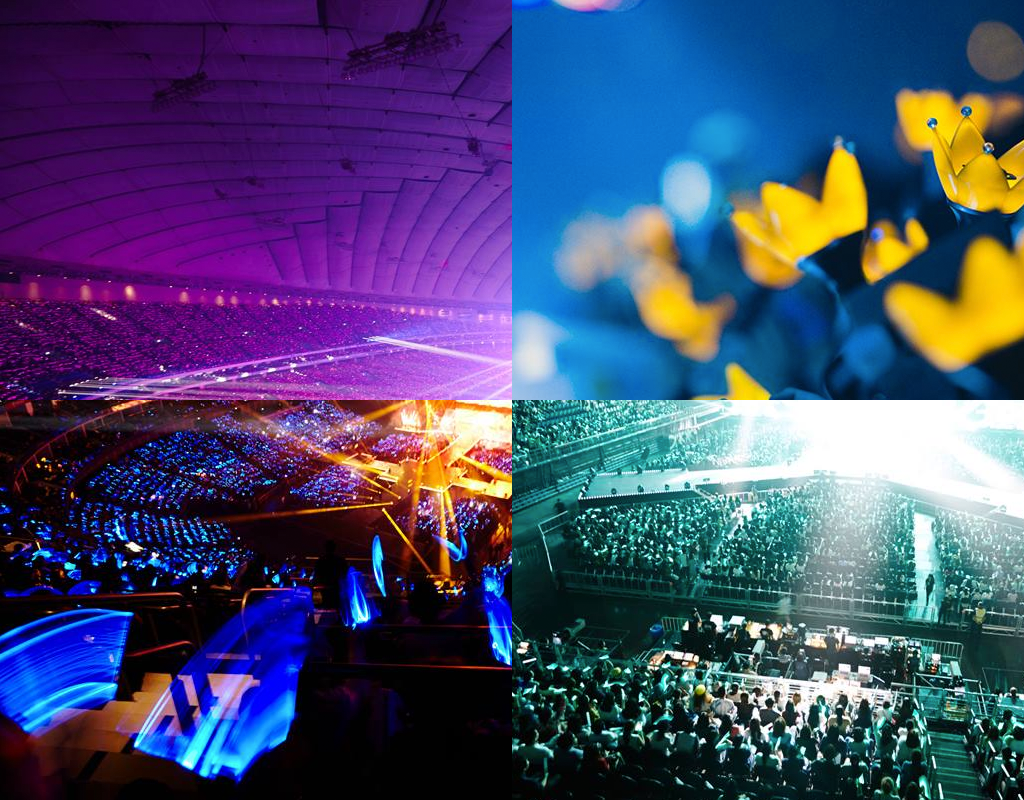It’s time to stop infantilizing K-pop idols
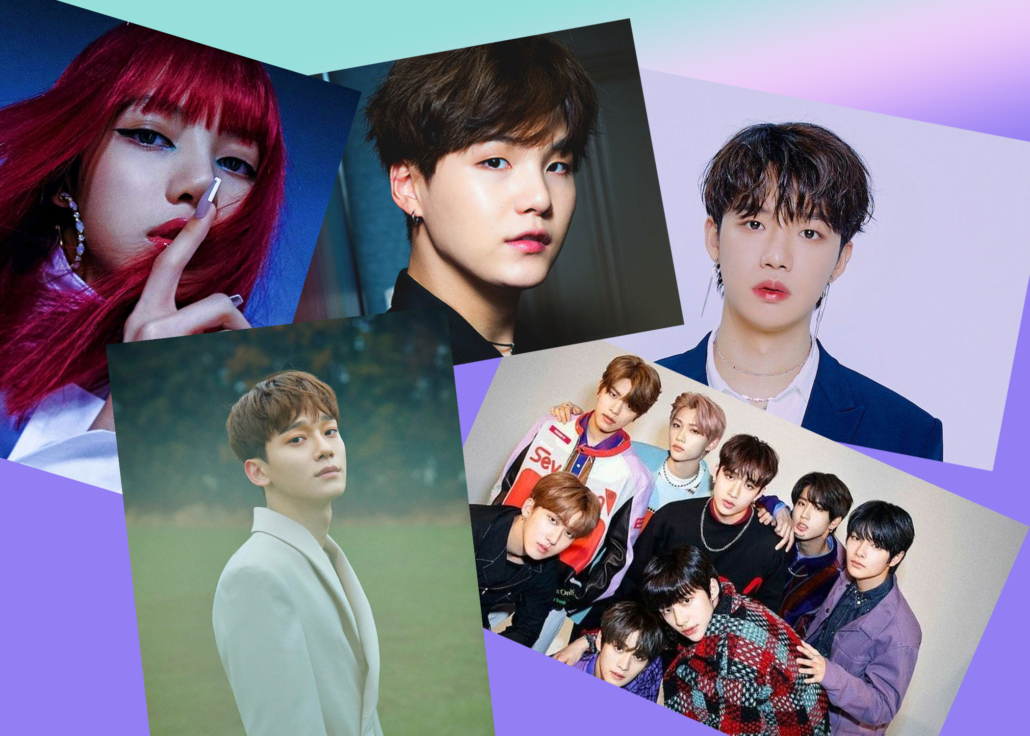
By Shaazia Ebrahim and Fatima Moosa
One of the greatest impacts of the global pandemic and sweeping social movements against police brutality and for Black Lives Matter is the questioning of the celebrity. As a society we have increasingly been questioning the role of the celebrity and how much power we, as fans, attribute to them. K-pop idols are not exempt from this conversation.
Throughout pop music history, groups and bands have formed close relationships with their fans. Pop artists around the world owe a lot to their fanbase and interact with fans in various different ways. They release new music and special merchandise, hosting concerts and releasing special interviews, documentaries and films specifically targeted at fan audiences. This is doubly true for K-pop, as fans and the idols they stan share a unique relationship, built over years and through different media narratives. That bond is a large part of the allure of being a K-pop fan for many.
It’s been long understood that K-pop artists interact with their fans differently. K-pop idols are particularly deferential towards their fans, and just about all K-pop groups and idols have special names for their fans. Idols have been known to write songs specifically for their fans. They interact with their fans through online platforms and in real life through fan meets and concerts. In turn, fans give their all for the artists they love, through things like time, action, and money spent on them to help further their presence in the world.
But this relationship is not always positive. K-pop fans are fiercely protective over their favourite idols and only rarely hold stars accountable for problematic behavior.
On K-pop Stan Twitter especially, there is sometimes a tendency to ignore criticism against idols. Fandom in general closes ranks and defends their faves by attacking the critic. This is accompanied by a need for those fans to “protect” the artist, fearing what it will mean to the artist if they find out about this criticism, or what the repercussions will be.
Often artists are subjected to harsh comments and hate. New music, content and even public behaviour from idols are scrutinised by internet users and rival fans. This hatred can and has had severe consequences on the artists subjected to it.
But for fans, there is a responsibility to identify and distinguish between valid criticism as opposed to the hate and unnecessary criticism. Just because something is not positive, does not automatically make it hateful or toxic criticism.
Often, when some fans call out their faves’ problematic behaviours they are labelled as antis. There’s no arguing against the fact that within the K-pop industry and K-pop fandoms, anti fans are a big thing. Antis are people on the internet who find every fault with artists they dislike. They are often part of rival fandoms and will dig up any questionable actions idols or groups have taken in order to discredit them. Antis are also known to usually bring forward these harmful types of information before a comeback or any such important event within the group, seemingly attempting to negatively impact conversations. They can also threaten idols using social media.
Also on KultScene: K-POP ACTIVISM MUST GO FURTHER THAN FANCAMS
But every criticism leveled against an artist is not an attack from an anti. Idols should not be protected to the degree where they don’t end up taking responsibility for their problematic actions or even understand why their behaviour is wrong.
By labelling any and all criticism against their faves as being the work of antis, fans are in danger of absolving them from taking responsibility for their behaviour. Well-meaning enough in its intention, by constantly making these excuses, fans could actually be infantilizing their idols.
The most common definition of “infantilization” is treating someone like a child, even if they no longer are. When fans treat their idols like someone who needs to be protected from all the ills of the world, this kind of behaviour can be seen as infantilization. Another way this manifests is when fans presume to know what their faves are thinking or meaning with a particular action.
This can be seen in the way some fans responded to BLACKPINK’s use of a statue of a Hindu deity as a prop in their music video of “How You Like That.” During Lisa’s solo scene, she is seated on a throne with a statue of Hindu deity Ganesha on the floor beside her. Hindu fans demanded an apology from YG Entertainment saying that Hinduism is not an aesthetic and that it’s disrespectful to place a deity on the floor, trending things like #mycultureisnotyouraesthetic and #YGApologise. With the uproar, YG eventually edited it out, but didn’t publicly acknowledge the issue.
Some fans defended Blackpink saying the group has no control over what they wear or the staging for their music videos, with some even harassing Indian and Hindu Blinks. Fans accused those calling Blackpink out as antis, dragging the group so their own particular favorite groups can shine. These Blinks trended #YGPROTECTBLACKPINK imploring YG to protect Blackpink from “defamation” and “malicious tweets”.
Blackpink have been accused of cultural appropriation before and each time fans defended them without considering nuances. In the video of “Kill This Love,” for example, Jennie wore a Bindi and Maang Teeka and Lisa wore box braids.
Another instance of this behaviour happened when AB6IX’s Youngmin was caught drunk driving in June 2020. No one was seriously injured during the incident but Youngmin left the group following the incident. Some fans decried this decision and expressed their sympathy for Youngmin.
But his actions could have had serious repercussions. If he was old enough to drink alcohol and drive a car, then it is evident that Youngmin should take responsibility; whether that means leaving his group is up for debate. The same act of taking responsibility and changing his ways would be expected of any person of his age, and fans should be more aware of this, rather than trying to defend their favorite stars’ wrongdoing.
BTS member Suga was also recently the centre of attention. Some online users pointed out in his latest mixtape, he used cult leader Jim Jones’ sermon to introduce his song “What Do You Think?” The cult leader has been associated with the mass murder-suicide of 909 people, and for preying on Black people in particular. While BTS’s company, BigHit Entertainment later issued an apology and removed the sampling, many fans defended him and felt that it wasn’t necessary.
Fans also excused the sampling saying that Suga meant to criticise Jones in the song, infantilizing the artist by framing his own creative endeavor in their own perspective, regardless of the actuality of his feelings.“If you don’t know why he used it then shut up pls, literally causing unnecessary hate to bring good people down That way of sampling speech to mock someone was used by hip-hop artists many times before,” an ARMY reportedly tweeted, offering an interpretation as defense, regardless of the artist not saying such.
Fans regularly provide similar excuses for idols engaging in problematic behaviours, especially seen when K-pop idols engage in culturally insensitive behavior at best, antiBlackness at worst.
Also on KultScene: WHY K-POP IDOLS SHOULD SUPPORT & ENGAGE WITH BLACK LIVES MATTER
Recently, Stray Kids released an episode of their variety show, Finding SKZ: God Edition. During the episode the members dressed up in various costumes with Hyungin wearing thick red lips and a curly-haired afro wig. This look donned by Hyungin seemed to be an imitation of Michol, a character which has been criticised for being a Blackface caricature.
But fans took to social media to say he was putting on a caricature of a Korean cartoon character called Go Eunae. They also said anyone calling Hyungin’s “look” racist don’t understand Blackface.
Others took to social media to explain that saying those caricatures were racist and shouldn’t be explaining to Black people what Blackface is.
This isn’t the first time the issue’s come up, and fans reacted this way: similar excuses were made for EXO-CBX when Baekhyun applied lipstick to Chen’s face, making his lips extra huge, in what looked like Blackface. Chen then said that he looked like Michol.
Hyungin and Stray Kids later addressed the issue. They posted on Instagram a message saying: “Yet, we are still lacking in many things and we are trying our hardest to become better. We would like to apologize to anyone if we have stepped on a rake. It was never our intention but due to our lack of understanding.” However, the initial reactions from many fans showed he isn’t even allowed to be accountable. Instead, fans seek to explain his behaviour away saying that this is something he grew up with.
Given how entrenched racism and antiBlackness is globally, it is especially important to hold idols accountable when they are displaying behaviours that perpetuate racism and anti-Blackness. Criticism and conversations, not denial, is needed.
It’s important to question how fans hold their idols accountable. Fans must be aware that their faves are adult human beings, capable of making mistakes and repenting like any other. Idols’ problematic behaviours going unchecked is a reflection of an uncritical and complicit society. When idols engage in behaviour that harms certain groups of people through cultural or religious insensitivity or racism or when they engage in irresponsible behaviour, they must be called out. Their platforms mean that their actions can be detrimental to marginalised groups and set harmful precedents for their younger or more dedicated fans. This is not to harm, it is to help them grow and avoid hurting others in the future with their behavior.
This is particularly important as we support movements like Black Lives Matter and #MeToo. Celebrities have the power to amplify or derail these movements given the platform they have. But more so, fans have the platform to overpower these important movements if they consistently defend their favs without consideration for the impact of idols’ actions.
Want to support Black people and Black-led movements for justice? Donate to the TGI Justice Project, sign this petition demanding justice for Toyin Salau, follow/donate to the African American Policy Forum (donation link here), and learn more about many calls to action here.
KultScene is a writer-driven website dedicated to creating a platform where diverse voices’ takes on K-pop can be heard. If you like this post and would like to see more by helping support KultScene’s writers fund, please email us for more details.





